Decades of Genderless Fashion: How Long Has Gender-Neutral Fashion Been Around?

Who said fashion needs to have a gender?
As society continues to deconstruct gender norms, gender-neutral fashion has become more popular throughout the years. Gender-neutral fashion is designed for everyone, making it inclusive to all genders and body types. Genderless fashion was first seen in the 1920s and has significantly changed over the years.
1920s
Source: witness2fashion
Looking at these photos, it is clear that both women and men are wearing similar outfit choices — pants, button-downs, and boots. This photo was taken in 1921 and was the first time fashion was considered genderless. While these outfits were only worn when hiking, camping, or going on a picnic, this was the beginning of genderless fashion.
1960s
During the 60s, fashion was bright and bold for both men and women. Hippie attire was in, and men would grow their hair long. In this photo, the woman and the man have vibrant colors and patterns on their chosen garments. The similarity in the clothing shows how genderless fashion continued to remain through the years, but the style of the attire changed.
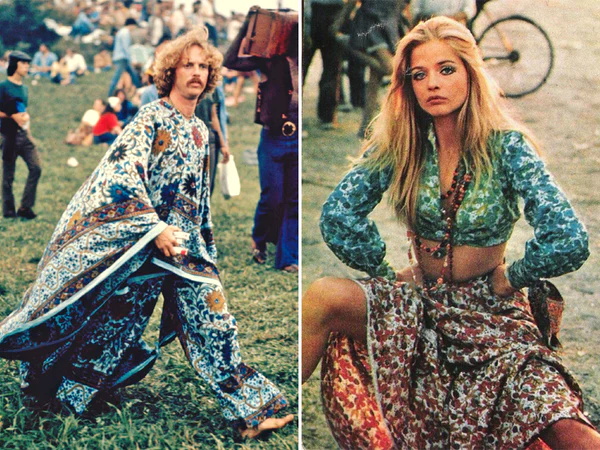
Source: Revival Vintage
In the late 60s, Saint Laurent designed his first pantsuit. This garment was in his 1967 spring-summer collection and was a statement piece for both men and women during this time.

1970s

Source: Rare Historical Photos
During the 70s, advertisements for matching couple outfits were made, focusing on equality. In these photos, men and women styled the garments similarly.

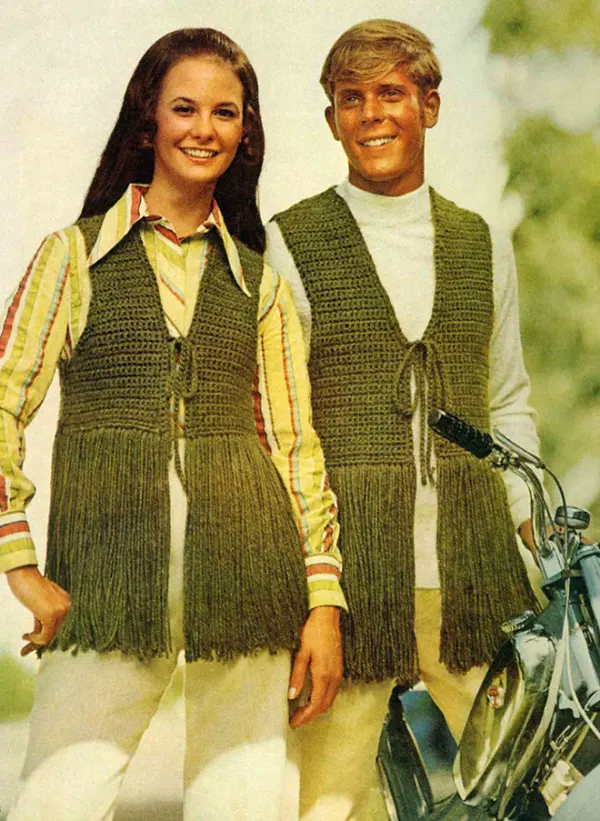
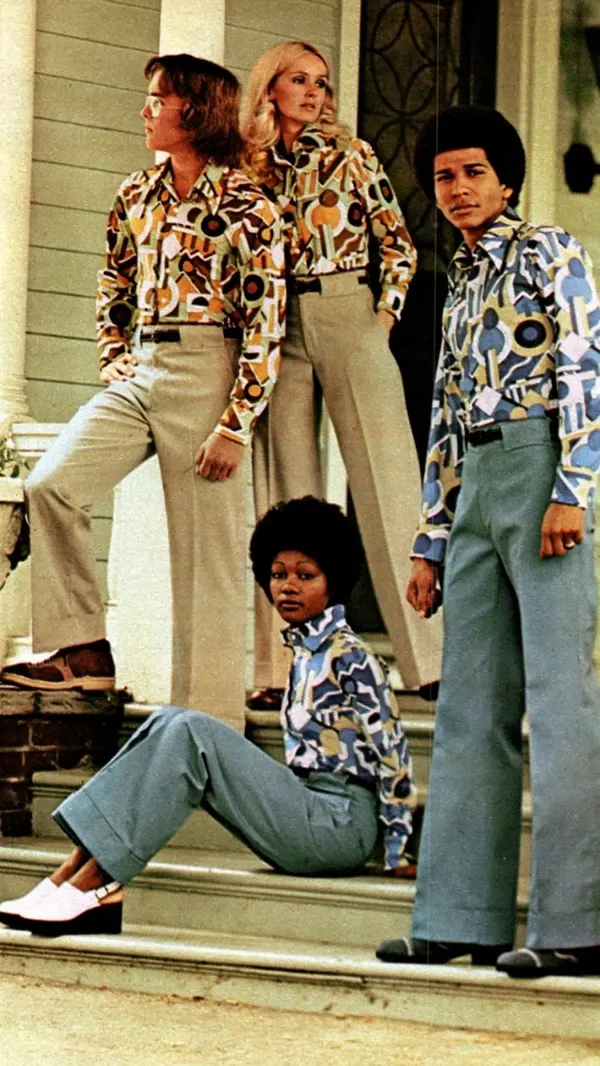
Source: Rare Historical Photos
No matter what gender you identify with or if you don't identify with a gender at all, gender-neutral options were available through the 70s. The fabrics that were used to create these pieces were exactly the same for everyone.
While genderless clothing was visibly present in the 70s, fashion expression was a form of identity as well. During this time, men and musicians experimented more with their sense of style, wearing exuberant outfits and makeup. For example, David Bowie, Alice Cooper, and Freddy Mercury showed their true authentic self and styled themselves in a way they desired that was true to them, without any gender attached.
1980s
Suits continued to be worn by both women and men in the 80s.Giorgio Armani and Calvin Klein designed their own versions of power suits, which was considered essential in fashion. These power suits suddenly became a form of business wear, and individuals were dressing up in suits for work regardless of their gender.
Present Day
Looking back on the years, we can see how times have changed. Gender-neutral fashion has gained popularity in recent years. Genderless fashion is within reach with gender-neutral brands, such as Charles Jeffrey Loverboy, Harris Reed, Daniel W. Fletcher, and many more. In addition to the brands, social media significantly impacts genderless fashion, whether through advertisements or celebrities and influencers. Harry Styles is the perfect example of a celebrity that partakes in gender-neutral fashion. In 2020, Styles was seen wearing a dress on the cover of Vogue Magazine, and since then, the world of genderless fashion has continued to grow.
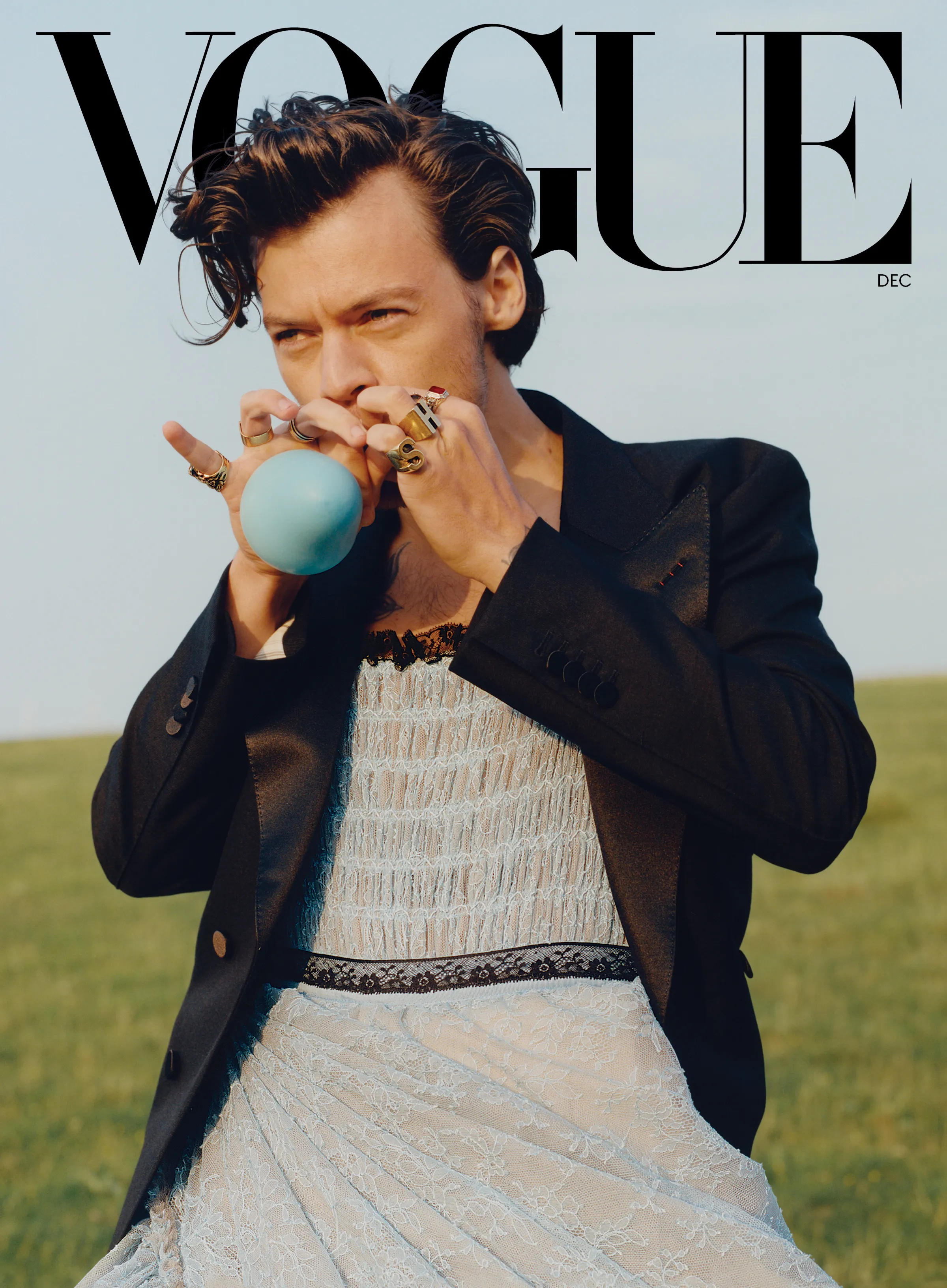
Source: Vogue
Why Is Gender-Neutral Fashion So Important?
Gender-neutral fashion gives every individual a voice in what they choose to wear. Creating garments that are not made with a specific gender behind them can make women, men, and non-binary individuals feel more comfortable since they are not being pressured into wearing what society claims is "only for men" or "only for women."Gender-neutral fashion allows everyone to try out new styles and see what is best fitting for them.
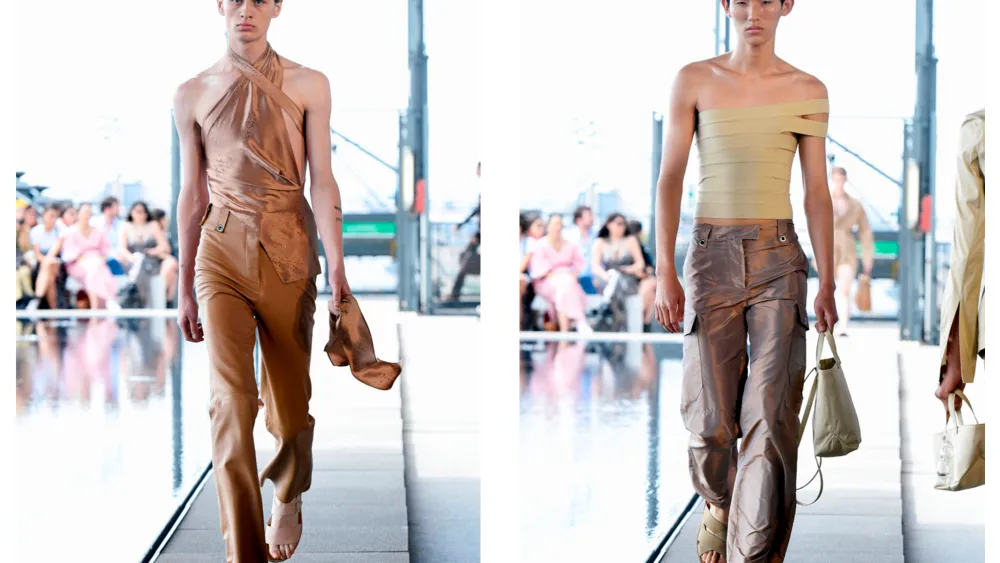
Source: WWD

Source: Harpers Bazaar
Fashion is experimental, so wear whatever you feel like wearing. It's your stylistic choices that matter most.





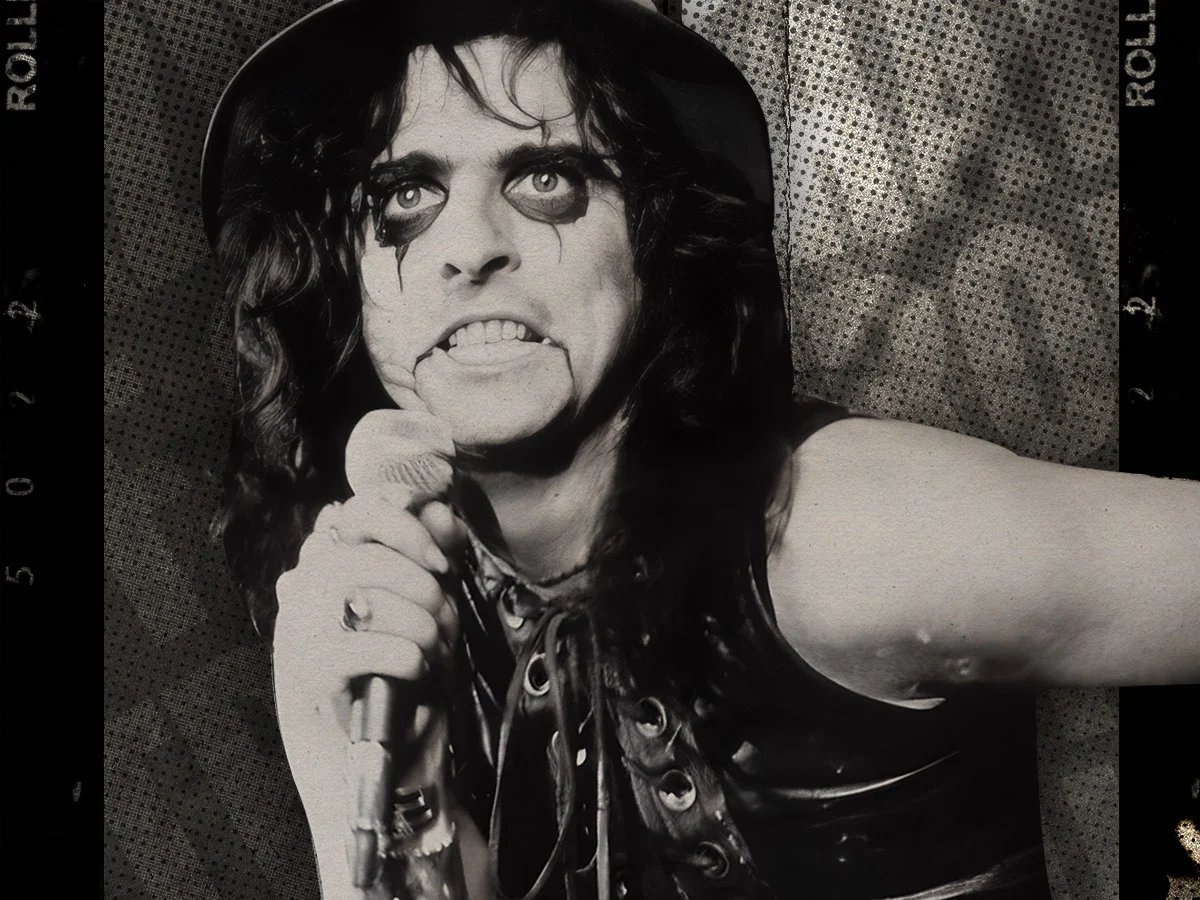

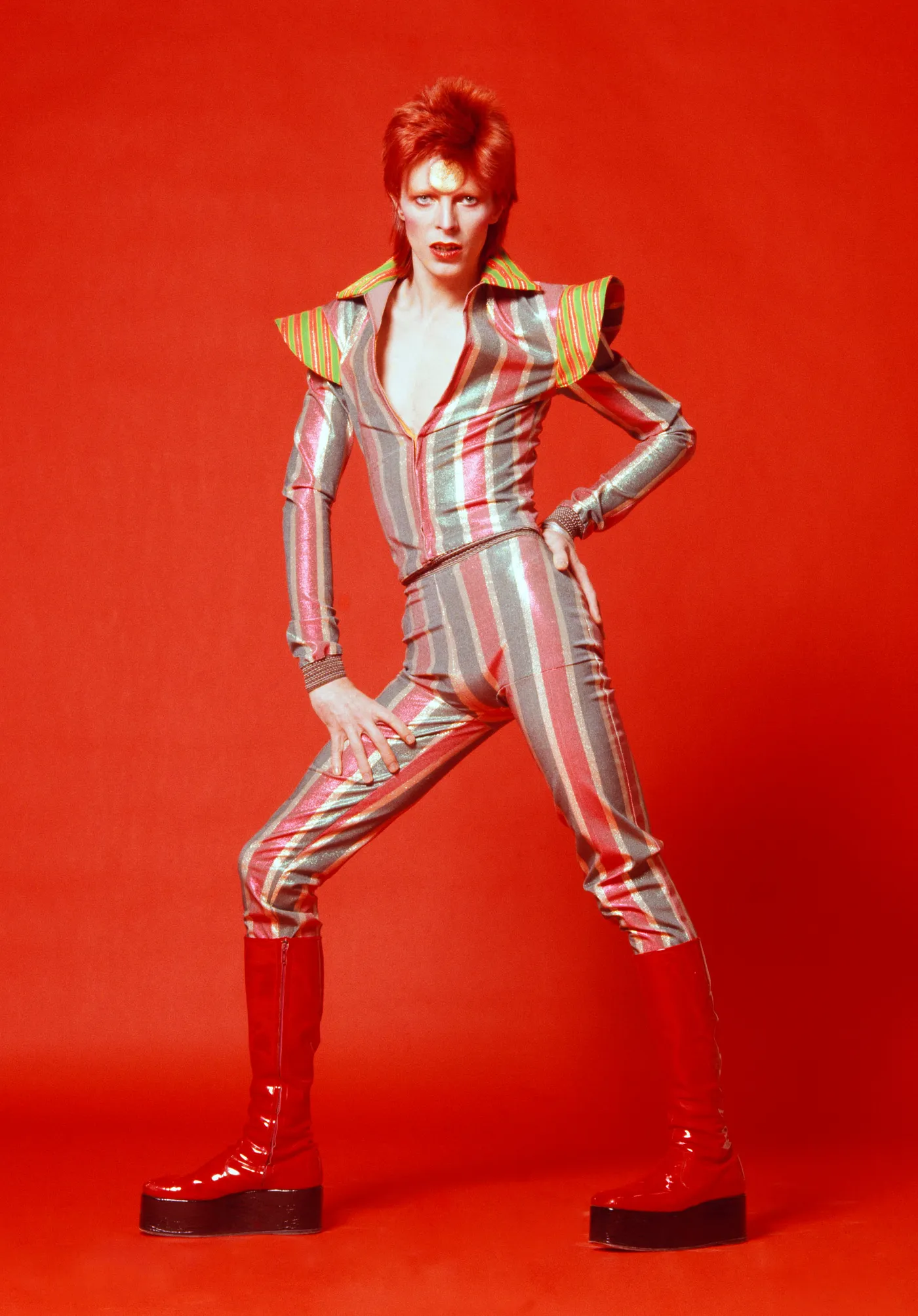
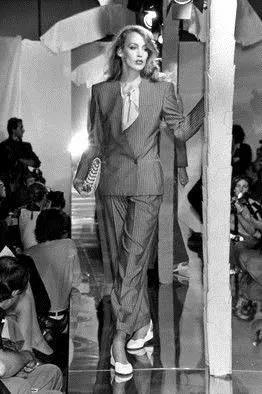

Leave a comment